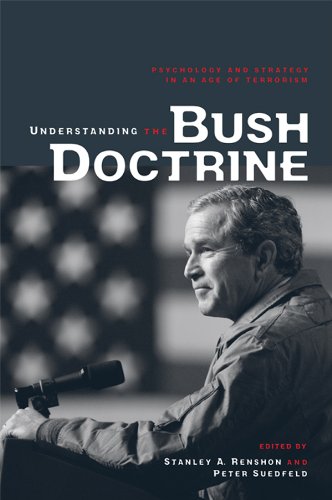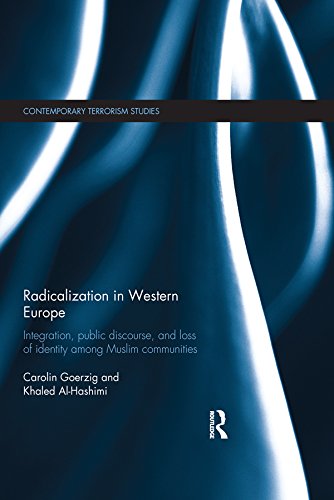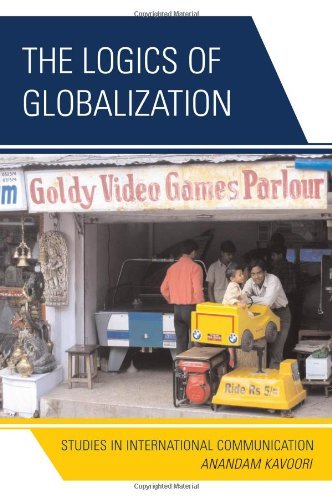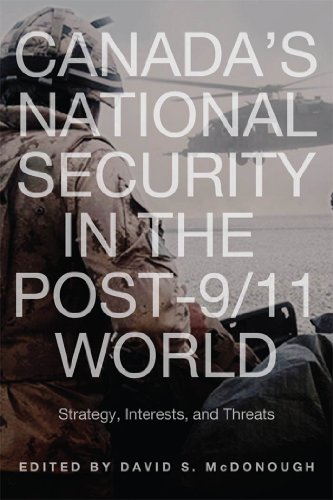Employing a theoretical framework in accordance with the idea that of identification loss, this booklet seeks to appreciate why elevated integration has prompted better radicalization one of the Muslim populations in Western Europe.
Through vast box study in 4 ecu nations – the united kingdom, the Netherlands, Germany and France – the authors examine 3 key questions: 1) Why are second and third generations of Muslims in Europe extra radical than their parents?; 2) Why does Europe adventure extra "home-grown terrorism" this present day than thirty or 40 years ago?; three) Why perform a little eu nations characteristic extra radical Muslim groups than others? The e-book finds that those 3 confusing questions will be solved while interpreting the lack of individuality if the face of integration and identity with eu society.
While Individualist and structural techniques fail to give an explanation for radicalization of Muslims in Europe, this examine, by means of framing radicalization via coupling the general public discourse with id loss, presents a far wanted perception into the method of radicalization. Explaining radicalization and gaining an figuring out of the drivers of radicalization is important to avoid and mitigate intercultural alienation, to additional strengthen immigration regulations, redress integration mess ups in addition to to prevent harmful oversimplifications. This ebook contributes not just to knowing why better integration is matched by way of expanding radicalization, yet its insights additionally give a contribution to constructing rules approximately how radicalization may be avoided or conquer and integration guidelines should be enhanced.
This ebook might be of a lot curiosity to scholars of terrorism and counter-terrorism, radical Islam, struggle and clash reviews, eu politics, IR and safety studies.









